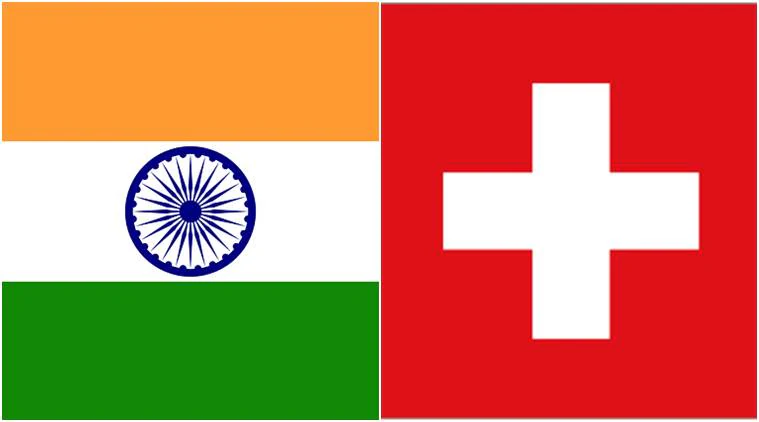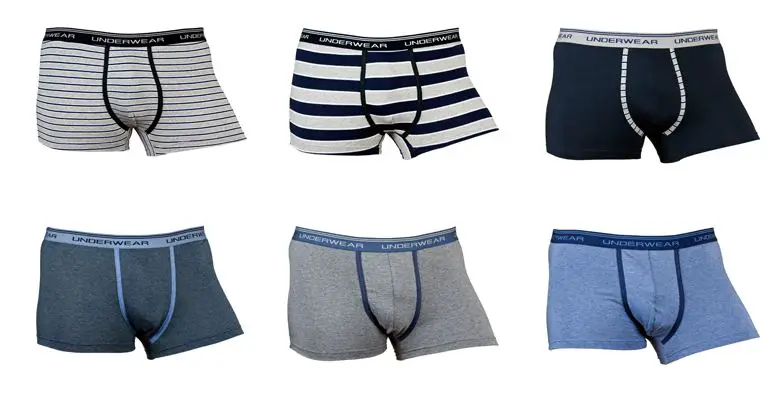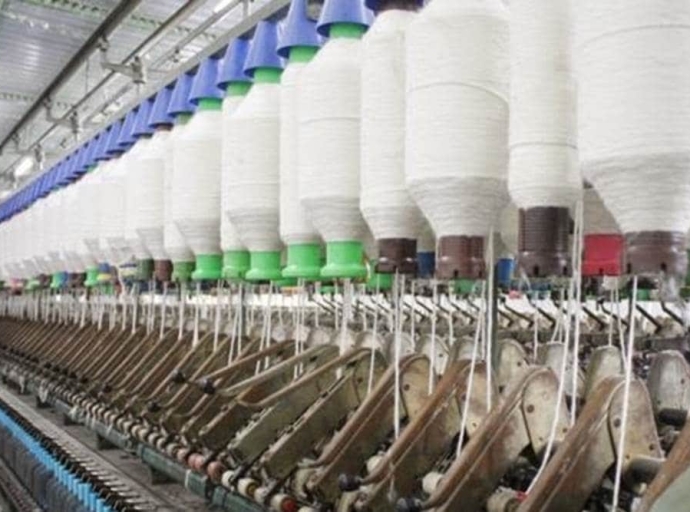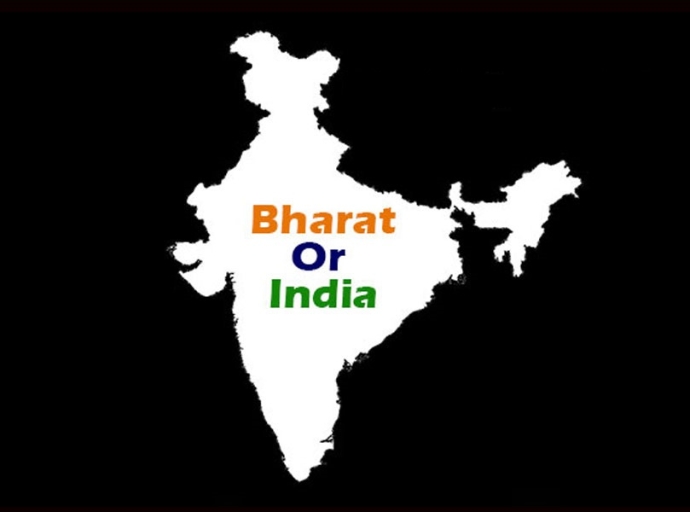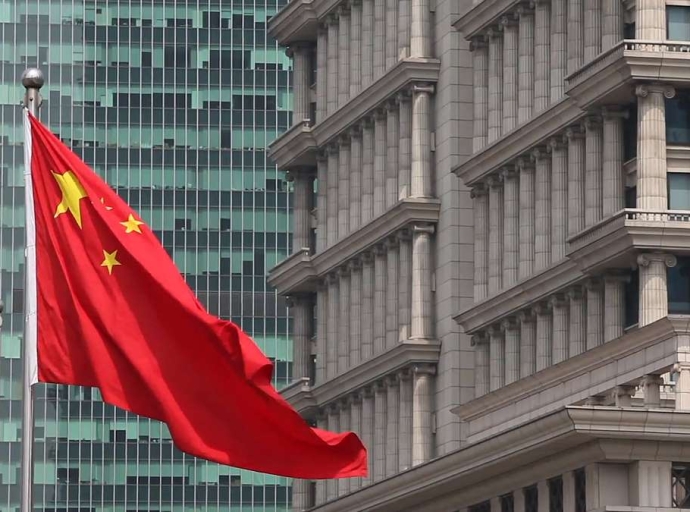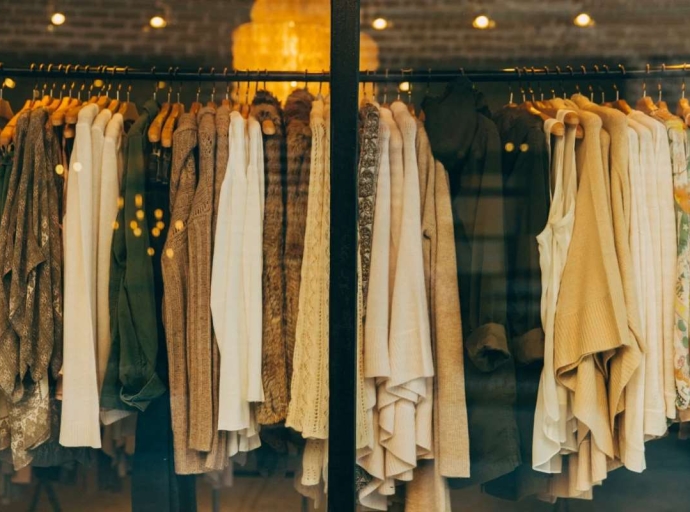25 November 2023, Mumbai
In a momentous stride towards bolstering bilateral cooperation and fostering economic growth, the textile sectors of India and Switzerland have joined forces through a groundbreaking Joint Declaration signed by the Confederation of Indian Textile Industry (CITI) and Swiss Textiles on November 23, 2023.
Momentous occasion
This remarkable agreement marks a pivotal moment in the textiles industry, paving the way for enhanced trade, innovation, and sustainable practices.
At the heart of this strategic alliance lies the 19th Joint Economic Commission (JEC) meeting between India and Switzerland, held on November 24. Dinesh Nolkha, Vice Chairman of CITI, played an instrumental role in this gathering, which delved into the intricacies of the Joint Declaration and charted a course for fruitful engagement with the Swiss Textile Industry.
Win-win
CITI's Chairman, Rakesh Mehra, eloquently captured the essence of this collaboration, emphasizing its shared vision to elevate bilateral cooperation, streamline trade, and catalyze economic growth within the textile sector.
Both trade associations have pledged their unwavering commitment to the development of a comprehensive Trade and Economic Partnership Agreement (TEPA), poised to revolutionize the landscape of textiles.
Recognizing the immense potential of India's textile market, renowned for its precision, quality, and innovation, Swiss Textiles is eager to explore new avenues for trade, technology exchange, and investment within the textile value chain.
This partnership holds immense promise for fostering growth, innovation, and global competitiveness in India's vibrant textile sector.
United we stand
The Joint Declaration meticulously outlines the key aspects of eliminating trade barriers, securing market access, strengthening mutual cooperation, encouraging investments, and adhering to sustainable practices.
The proposed TEPA, a cornerstone of this alliance, will serve as a catalyst for collaboration in research and development within the textile sector, presenting a transformative opportunity for both nations.
Empowering Textiles
This historic landmark in the bilateral relations between India and Switzerland signifies a shared commitment to reinforcing the textile industry, propelling economic growth, and creating employment opportunities.
The combined efforts of India and Switzerland will undoubtedly reshape the global textile landscape, paving the way for a brighter, more sustainable future.
Five key insights :
-
Textile Alliance: India and Switzerland forge groundbreaking alliance.
-
Enhanced Trade: Joint Declaration promotes trade, innovation, and sustainability.
-
Shared Vision: CITI and Swiss Textiles collaborate for economic growth.
-
TEPA Commitment: Trade associations pledge comprehensive agreement.
-
Sustainable Future: Alliance aims to reinforce textile industry and create jobs.

